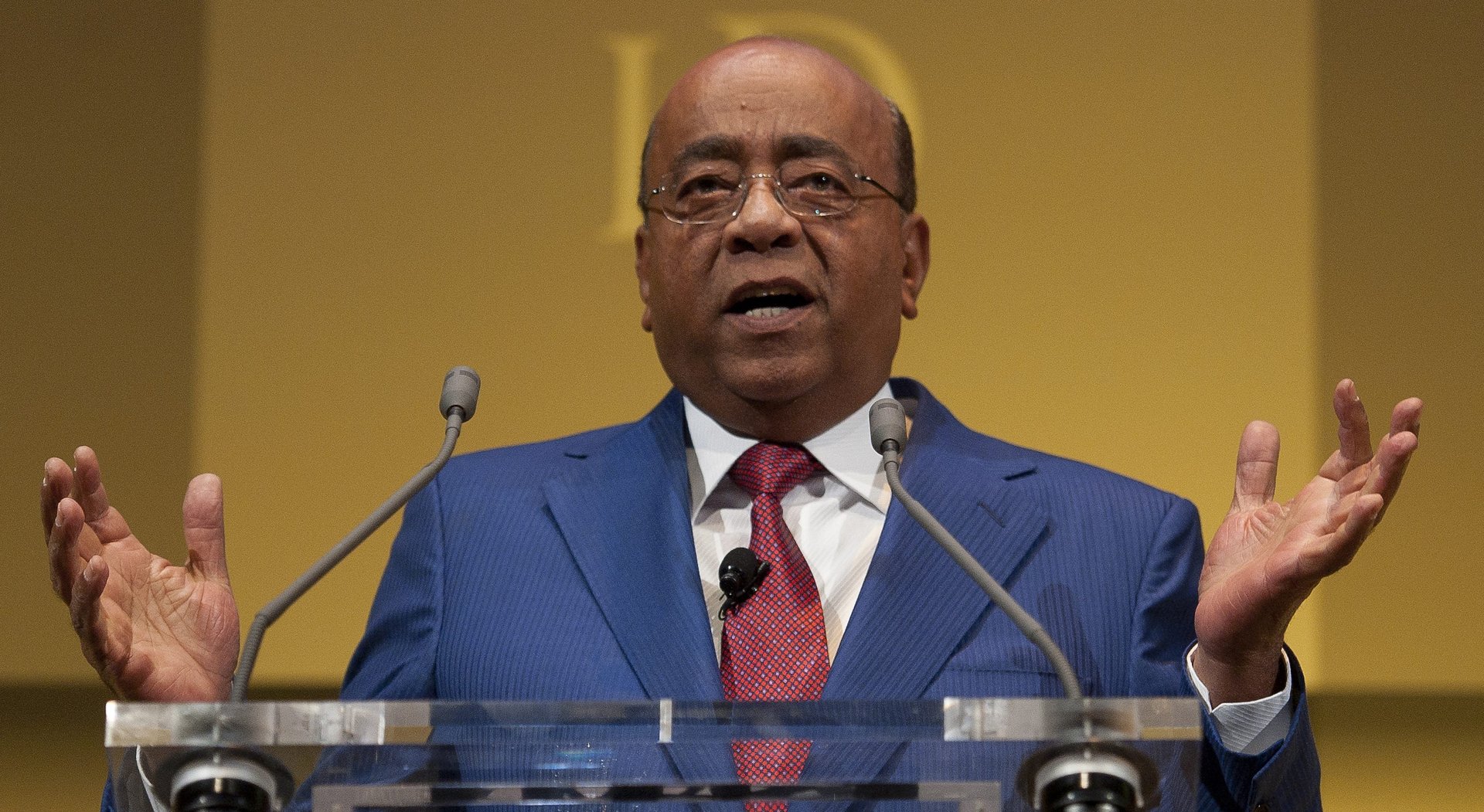There’s growing concern about the price Africa will pay for internet shutdowns and fake news
The internet has been lauded as a panacea for Africa—a tool for economic, political and social transformation. The availability of mobile broadband and fiber optic connections has been hailed for enabling e-commerce and spurring innovative industries in education, health, insurance, and beyond. Lower smartphone prices are also driving a digital revolution across the continent, allowing more people to access the internet at unprecedented levels.


The internet has been lauded as a panacea for Africa—a tool for economic, political and social transformation. The availability of mobile broadband and fiber optic connections has been hailed for enabling e-commerce and spurring innovative industries in education, health, insurance, and beyond. Lower smartphone prices are also driving a digital revolution across the continent, allowing more people to access the internet at unprecedented levels.
But Sudanese-British billionaire and businessman Mohammed Ibrahim now says that internet shutdowns and the spread of fake news on social media threaten the continent’s digital development. In an interview with Quartz, Ibrahim lamented how governments continue to frequently block the internet and social media outlets—including as recently as last week during Somaliland’s presidential elections.
“Closing down of the internet is really a crime. And that should not be tolerated,” Ibrahim said, specifically mentioning the 93-day blackout this year in Cameroon’s English-speaking regions. “To try to gag the people and silence them is not appropriate really. It’s not acceptable.”
Ibrahim was the founder of Celtel International, one of the first mobile phone companies serving Africa and the Middle East. He later sold it to the Kuwait-based Mobile Telecommunications Company—now Zain. Ibrahim spoke to Quartz after the launch of the 2017 Mo Ibrahim Index, which ranks African countries on a broad spectrum of indicators including rule of law, safety economic, political and human rights.
Ibrahim also bemoaned the dissemination of so called fake news and misinformation online, and how they are used to meddle in elections. As seen in Kenya, where Facebook and WhatsApp were being used concertedly to spread misinformation and to sway public opinion in the run-up to the election this year.
“We need to be careful about [the] use of social media,” said Ibrahim. “We’ve seen all these abuses elsewhere and we hope to get the benefits of social media without the perils and inappropriate use that this media has produced elsewhere.”
Earlier this month, Nigerian Nobel laureate Wole Soyinka also expressed grave concern about the role of fake news and social media in society.
Against the retreading or slowing political and economic reality in Africa, the Index shows a decade of consistent growth when it comes to digital technology and infrastructure. Ibrahim noted that there needs to be increased financing of the sector by angel investors, venture capitalists, and private equity funds in order to catalyze the internet’s contribution to the overall gross domestic product or iGDP. Education systems should also be improved in order to bridge the gap of education to skills mismatch, he said, which leaves many young people unemployed and lures them to migrate or even join terrorist organizations.
“Are we producing people from our education systems who are able to build dams, electric grids, build roads, factories and get into the IT services?” Ibrahim asked. “These are huge areas where we lack skilled people, and we need to deal with that.”